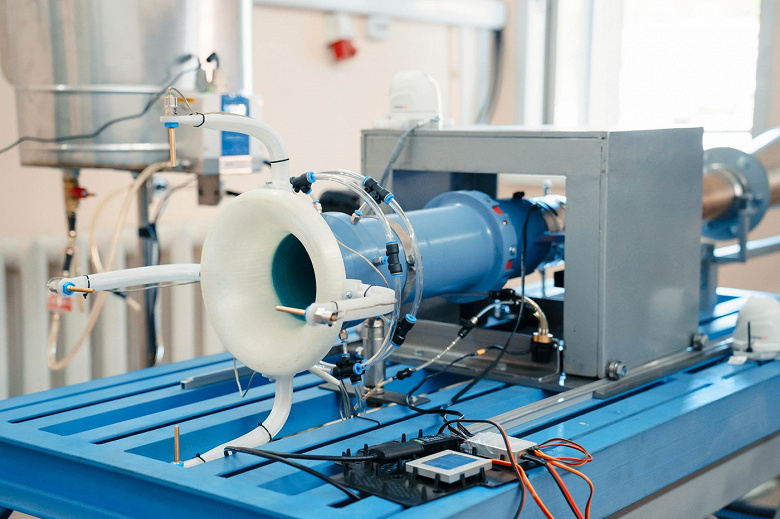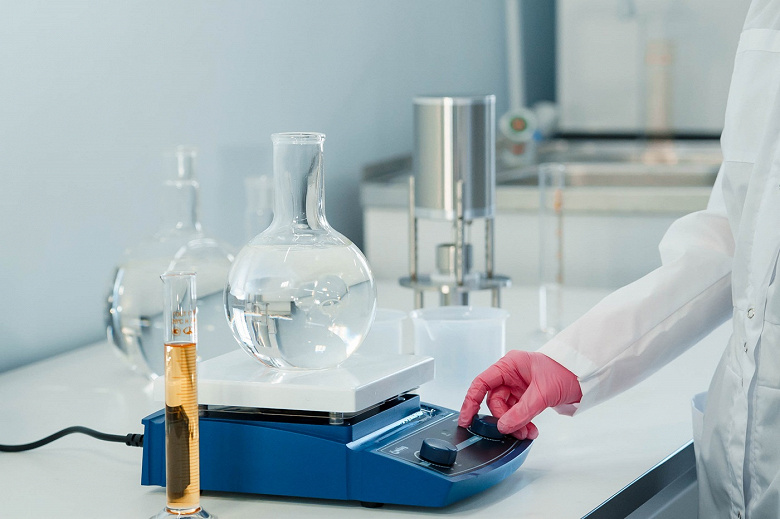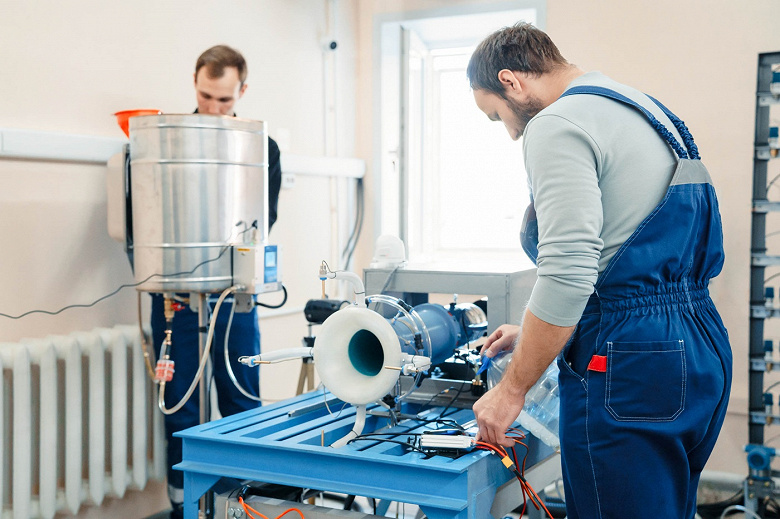First, experiments will be carried out on small engines, and then they will be ready for tests on PD-8, PD-14 and PD-35
Scientists of Samara University named after. Korolev began large-scale testing of aviation fuel with biocomponents to reduce harmful emissions into the atmosphere. It is planned that the tests will last until the end of the year. During the testing period, scientists will experimentally determine the effect of biofuel on engine characteristics, such as traction, fuel consumption and environmental friendliness. The university believes that this will make it possible to create an optimal recipe for the “fuel of the future.”
Research is carried out on a test bench in the university laboratory. The engine starts on fuel with the addition of certain biocomponents, and measuring equipment records the indicators of work processes. So far, small-sized gas turbine engines with a maximum thrust of 220 N (newtons) have been used for testing. They are quite compact and light – length about 30 cm, diameter – approximately 12 cm, and weight – 2 kg. Based on such mini-engines, it is possible to create mobile power plants and small high-speed aircraft.

Various alcohols, ketones, aldehydes and ethers were selected as biofuel additives for the first experiments, and standard aviation kerosene was used as a base. According to theoretical calculations, adding these biocomponents to fuel should significantly reduce the level of harmful engine emissions, in particular soot emissions. During the experiments, the researchers plan to increase the share of bioadditives in the fuel mixture to 20-25%, and for some components – and up to 50%.

In the future, scientists plan to conduct experiments on burner devices and combustion chambers of engines that are used in civil aviation aircraft. The university stated that they are ready to conduct research for engines such as PD-8, PD-14, PD-35 or a promising gas generator with a thrust of 24 tons.

